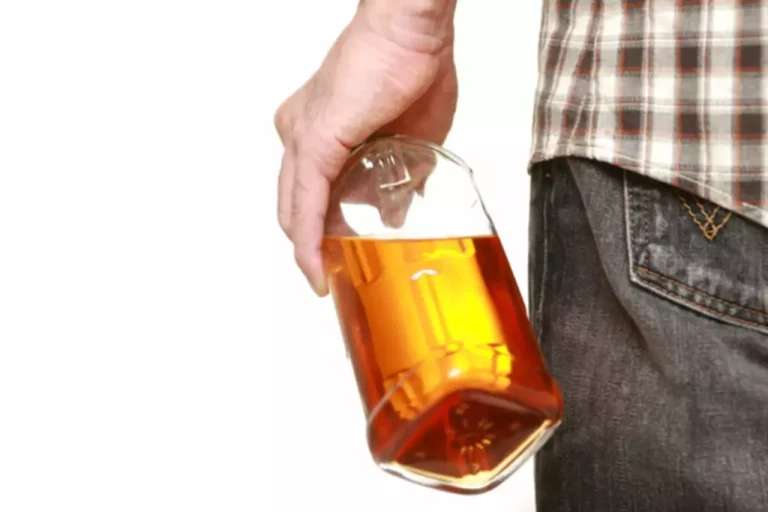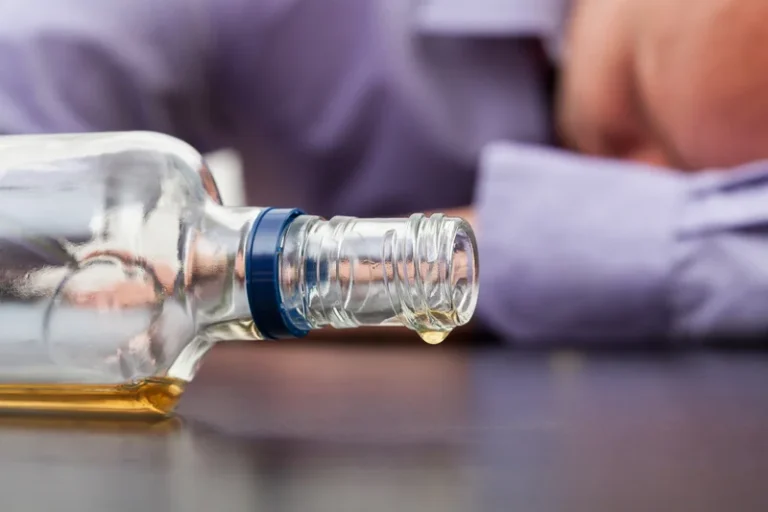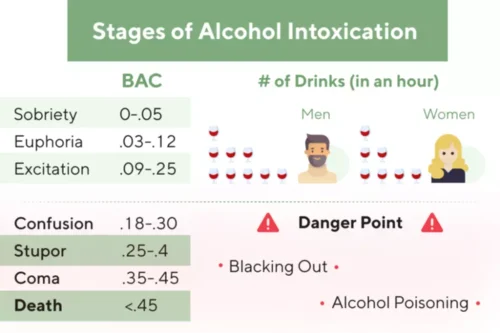
If people have an alcohol use disorder, they can talk with a healthcare professional about treatment options. If people withdraw from alcohol after heavy use, it is important to do so with medical supervision. For people with epilepsy, alcohol may interfere with anti-seizure medications and increase the risk of seizures.
- Delirium tremens (DTs), also called alcohol withdrawal delirium (AWD), is the most severe form of alcohol withdrawal.
- In general, blood work will test serum magnesium, and replacements will occur if indicated.
- To lower your risk of these side effects, only use Ativan exactly as prescribed by your doctor for alcohol withdrawal.
- The production and consumption of alcohol have also been practiced for thousands of years.
What are the symptoms of alcohol withdrawal syndrome?

If you are thinking about quitting drinking, talk to your healthcare provider. Medical supervision, behavioral health treatment, and mutual-aid groups can help you through alcohol withdrawal and stay stopped. You don’t need to be diagnosed with alcohol use disorder in order to quit drinking.

Alcohol Withdrawal Seizures (Rum Fits)
The goal is to safely and gradually decrease your dependence on alcohol so that you can resume your daily life. Long-term alcohol use can increase your risk of developing epilepsy, a condition where you are prone to having seizures. While the reason for this is not fully understood, alcohol does create changes in receptors in your brain that affect your likelihood of having a seizure. While epilepsy can develop on its own in people who do not use alcohol, long-term alcohol use will increase the risk of epilepsy developing in some people. Over half of those with alcohol withdrawal seizures may have repeat seizures, and up to 5% of cases may lead to status epilepticus. A 2005 Cochrane review found that BZDs were significantly better for alcohol withdrawal seizures compared with placebo and had similar efficacy to other drugs, or anticonvulsants specifically.
Overview of Alcohol-Related Seizures: Can Drinking Alcohol Cause Seizures?
Other benzodiazepines commonly used for alcohol withdrawal include chlordiazepoxide (Librium), diazepam (Valium), and oxazepam. Alcohol withdrawal symptoms are caused by an imbalance between calming and excitatory signals in your nervous system. Ativan treats alcohol withdrawal by increasing the activity are alcohol withdrawal seizures dangerous of calming nerve signals. It’s rare for people going through alcohol withdrawal to experience hallucinations more than 48 hours after their last drink. When that person cuts out alcohol, there is a period when their brain hasn’t yet received the message and still overproduces the stimulating chemicals.


- Prolonged alcohol consumption leads to the development of tolerance and physical dependence, which may result from compensatory functional changes in the same ion channels.
- However, medical complications can occur during the acute phase of withdrawal.
- It is important to recognize that alcoholics are at risk for a variety of other treatable conditions that may cause status epilepticus, including occult head trauma, meningitis, hypoglycemia, hyponatremia, and other drug ingestions.
- If this isn’t an option, phenobarbital may also be used to prevent withdrawal (as described above).
- By Sarah Bence, OTR/LBence is an occupational therapist with a range of work experience in mental healthcare settings.
- It’s important to get medical help even if you have mild symptoms of withdrawal, as it’s difficult to predict in the beginning how much worse the symptoms could get.
- Contact your doctor if you or someone you know is experiencing alcohol dependency or withdrawal symptoms.
- Doctors may prescribe Ativan off-label for adults who are experiencing alcohol withdrawal.
- Learn more about alcohol withdrawal seizures and how they can be treated.
- The use of Ativan for alcohol withdrawal is considered an off-label use.
In the First 8 Hours
